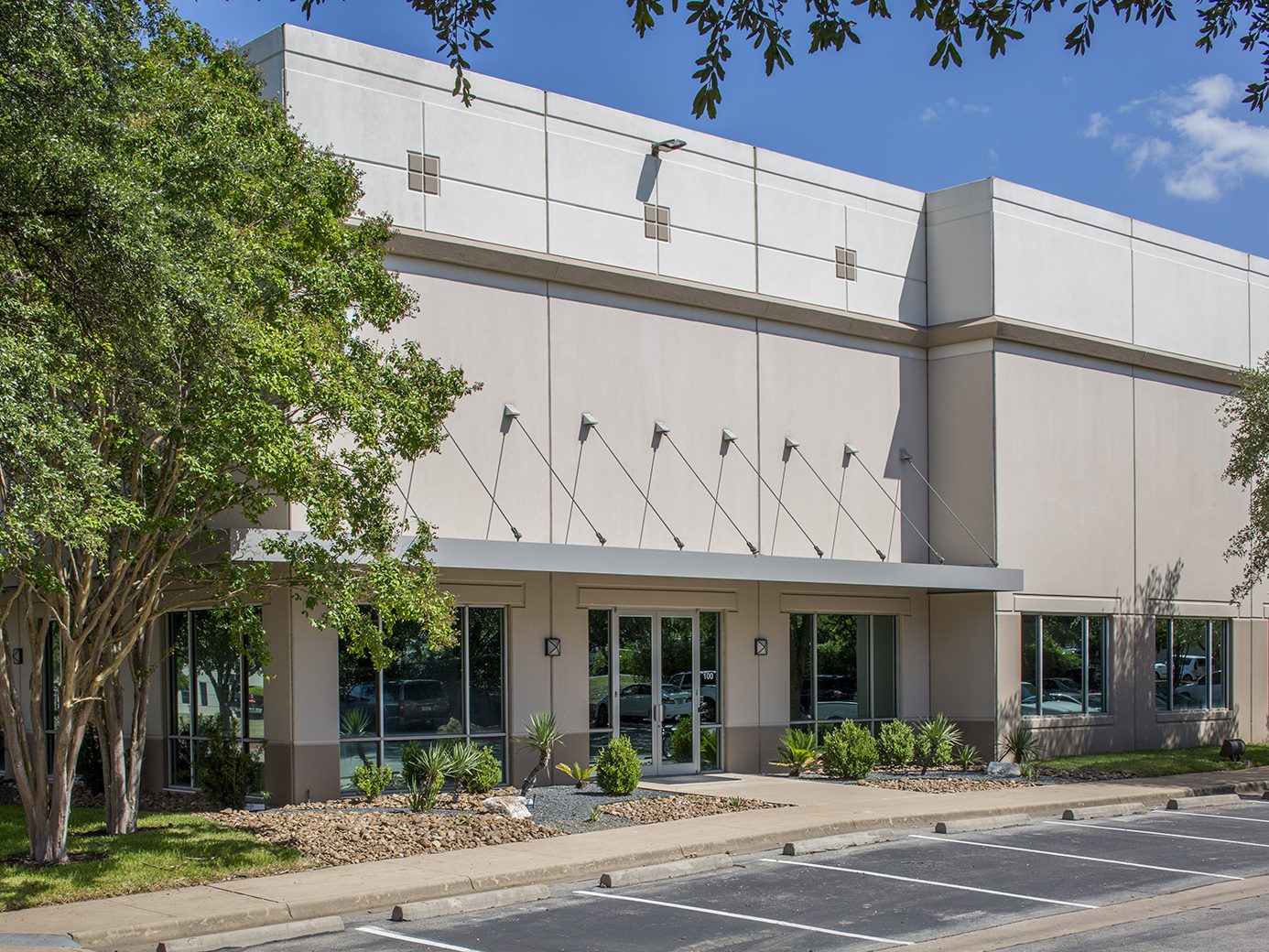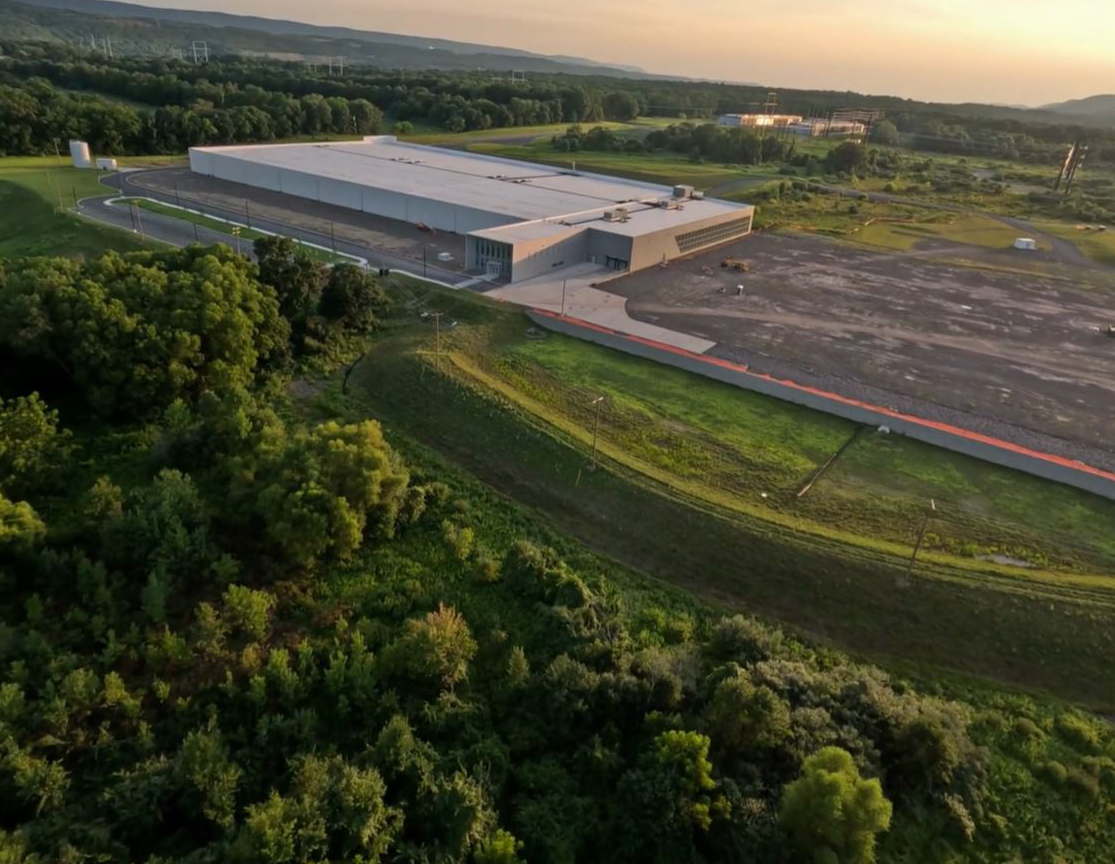Controversial Ashby Project Back in Spotlight with New Redevelopment Plan
By Georgiana Mihaila, Associate Editor The highly controversial Ashby High Rise project is back on the table, with its developers submitting construction plans to the city this past week. Buckhead Investment Partners Inc. has kept the original design for the project, [...]
By Georgiana Mihaila, Associate Editor
The highly controversial Ashby High Rise project is back on the table, with its developers submitting construction plans to the city this past week. Buckhead Investment Partners Inc. has kept the original design for the project, but now opts for apartments instead of for-sale condominiums to better adapt to market needs.
The land at 1717 Bissonnet has a strong history that dates back to 1929, when Tony and Bridget Segrato opened their modest one-story brick grocery store; as business prospered, the Segratos built six more one-story retail shops, followed by the Maryland Manor—a 48-unit apartment complex—in 1961. In time, the retail stores were converted to apartments, enlarged and updated, and by 1995 Maryland Manor re-opened as a 64-unit apartment complex.
With the current plan for 1717 Bissonnet, the Maryland Manor Apartments will be replaced with a multi-use development that is to be constructed along the south side of Bissonnet Street, east of Ashby Street. The 23-story building is to consist of 225 apartments, a five-level parking garage, an amenity plaza level on the sixth floor with exercise room, spa and offices; the ground floor will also accommodate specialty retail and fine dining. Buckhead Investment Partners Inc. had submitted 11 plans for city approval since July 2007, as the city standards called for reducing the projected traffic.
Standing at the intersection of two two-lane streets, the Ashby project caused many disputes between the residents of the upscale neighborhood near Rice University and the developers, with neighbors dubbing the project the “Ashby high-rise” and organizing a campaign against it. After being denied a permit multiple times, the developer filed a lawsuit against the city that remains pending in U.S. District Court, the Houston Chronicle reported.






